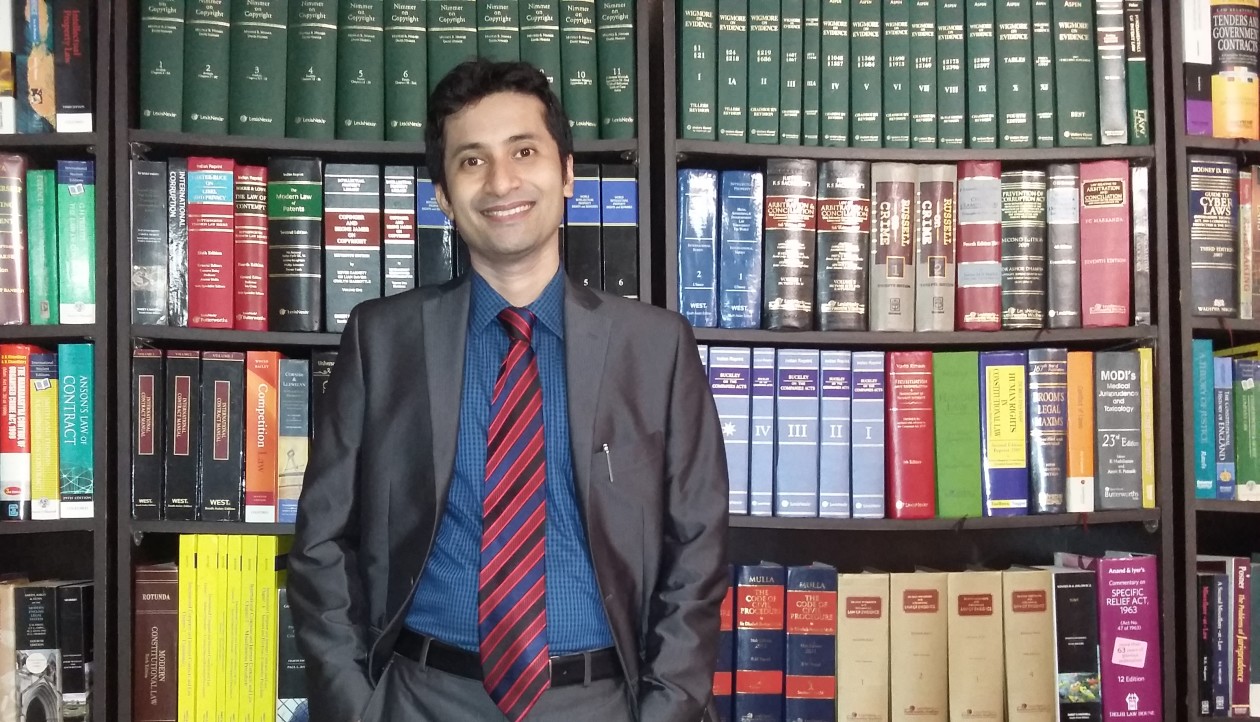The Supreme Court of Pakistan taking a stern view on the alleged irregularities has finally debarred Nawaz Sharif from the Majlis-e-Shoora. The top court in its latest order came to this conclusion after pursuing the investigation report of the specially constituted Joint Investigation Team (JIT) which was comprised of officers of the Federal Investigation Agency (FIA), National Accountability Bureau (NAB), Security & Exchange Commission of Pakistan (SECP), State Bank of Pakistan (SBP), Inter Services Intelligence (ISI) and Military Intelligence (MI).
Many questions were posed by the Supreme Court: How did a company in question came into being; what led to its sale; what happened to its liabilities; where did its sale proceeds end up; whether certain respondents in view of their tender ages had the means in the early nineties to possess and purchase certain properties; whether sudden appearance of certain letters was a myth or a reality; how bearer shares crystallized into the flats; who, in fact, is the real and beneficial owner of certain companies, how did a particular company came into existence and certain other queries. The Supreme Court had earlier opined that a thorough investigation was required. The Supreme Court had thus previously constituted a JIT comprising of officers of various departments. The Court then vide order dated 05.05.2017 constituted the JIT which submitted the complete investigation report on 10.07.2017.
Petitioners submitted that the JIT had collected sufficient evidence proving that Nawaz Sharif, his dependents and benamidars owned, possessed and had acquired assets which were disproportionate to their known sources of income and that that neither Nawaz Sharif nor any of his dependents or benamidars before or during the course of investigation could account for these assets, therefore, he had become disqualified to be a Member of Parliament.
Before the Court, Nawaj Sharif unsuccessfully contended that all the material collected and finding given by the JIT did not deserve any consideration inasmuch as they were beyond the scope of investigation authorized by the order of the Court. Also the respondents were not questioned about or confronted with any of the documents tending to incriminate them and it exceeded its authority while obtaining documents from abroad.
But the Supreme Court held that a careful examination of the material so far collected revealed that a prima facie triable case under Section 9, 10 and 15 of the National Accountability Bureau Ordinance, 1999 was made out vis-à-vis various assets in question. The Supreme Court thus directed the National Accountability Bureau to file before the Accountability Court on the basis of the material collected and referred to by the Joint Investigating Team (JIT) in its report and such other material as may be available with the Federal Investigating Agency (FIA) and NAB having any nexus with the assets or which may subsequently become available including material that may come before it pursuant to the Mutual Legal Assistance requests sent by the JIT to different jurisdictions references against Mian Muhammad Nawaz Sharif, Maryam Nawaz Sharif, Hussain Nawaz Sharif, Hassan Nawaz Sharif and Capt. (Retd) Muhammad Safdar relating to the irregularities.
The Constitutional Court thus declared that having failed to disclose his un-withdrawn receivables constituting assets in his nomination papers filed for the General Elections held in 2013 in terms of Section 12(2)(f) of the Representation of the People Act, 1976 (ROPA), and having furnished a false declaration under solemn affirmation, Nawaz Sharif was not honest in terms of Section 99(f) of ROPA and Article 62(1)(f) of the Constitution and therefore was disqualified to be a Member of the Majlis-e-Shoora (Parliament). It further directed the Election Commission of Pakistan to issue a notification disqualifying him from being a Member of the Majlis-e-Shoora (Parliament) with immediate effect and thus ceasing to be the Prime Minister of Pakistan.
